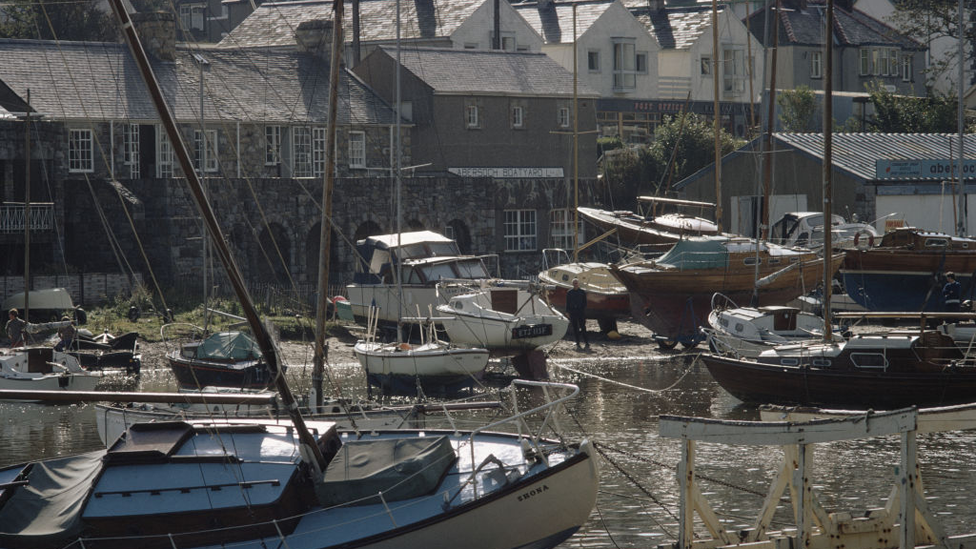Second home numbers fall after council tax hike

In Abersoch and Aberdaron, 28% of all properties are second homes
- Published
The number of second homes in Gwynedd has fallen by 5% over the past year after a hike in council tax premiums, according to new figures.
There were 232 fewer second homes registered for council tax in the county in April 2024 compared with the same month in 2023.
In 2023, the council tax premium for second homes was increased from 100% to 150%, with the local authority Cyngor Gwynedd pledging to spend the money on tackling homelessness.
It comes just weeks after it was reported the number of second homes on the market in Pembrokeshire had trebled after a 200% hike in council tax.
In total, there were 4,373 second homes registered in the county, compared to 4,605 the year before.
The biggest changes were in communities such as Bangor City, Caernarfon East and Bala and Mawddwy.
- Published7 September
- Published13 September 2023
- Published1 December 2022
Two hotspot coastal communities for second homes ÔÇô Abersoch and Aberdaron and Tywyn and Llangelynnin - also both saw falls in the numbers, according to figures published by the Welsh government.
While Tywyn and Llangelynnin saw 42 fewer second homes (down 5%), there were only eight fewer in Abersoch and Aberdaron (less than 1%).
Second homes make up 28% of all properties that are charged council tax in this community on the Ll┼Àn peninsula, while they make up 18% of properties in Tywyn.
The figures showed 3,750 properties continued to be second homes in both 2023 and 2024.
There were 620 properties newly classified as second homes in 2024, with 44% of them previously charged as a primary residence, with the rest either empty, given an exemption, reclassified or were newly built.
Earlier this year, Cyngor Gwynedd approved a proposal to require planning permission to turn a property into a second home or short-term holiday let.
The council increased the second home premium to 150% in April 2023.
New rules were introduced by the Welsh government designed to make more affordable homes for younger local people, with councils allowed to charge a premium of up to 300%.